Identity systems serve as the cornerstone for uniquely identifying individuals and enabling their access to diverse services. The efficacy of any identity system relies heavily on its ability to maintain the uniqueness of each identity. MOSIP employs uniqueness check and deduplication – crucial safeguards that ensure that each individual maintains unique and non-tamperable digital identities.
Uniqueness ensures that each person holds only one unique identifier. Deduplication, as a process, ensures that each individual does not have multiple identity records.
According to the World Bank, in the context of foundational systems, ID numbers are considered to be “unique” when:
1. The number-generating process ensures that no two people within the system share the same number; and
2. The deduplication process ensures that the same person does not have multiple identity records (i.e., that they are unique in the database).
Why is Uniqueness Important?
In today’s digital landscape rife with identity theft and fraudulent activities, robust identity systems are imperative. Uniqueness checks are pivotal in preventing duplicate entries, minimising errors, and safeguarding against identity misuse.
The significance of uniqueness also lies in mitigating past issues where individuals were assigned multiple identities or ghost identities. Such instances led to inefficiencies in service delivery, eroded trust, and heightened suspicion during service transactions, ultimately disrupting critical service delivery.
How Does MOSIP Ensure Uniqueness?
MOSIP implements effective uniqueness checks and deduplication mechanisms to ensure each resident has a single identity record. This includes:
01 Demographic Deduplication
02 Biometric Deduplication
03 Manual Adjudication
These ID-proofing processes guarantee that no two individuals share the same number and that each person has only one identity record in the database. This process is governed by a robust algorithm that offers customisation options tailored to the specific needs of adopting countries.
01 Demographic Deduplication
During demographic deduplication, MOSIP compares certain resident demographic data, such as Name, Date of Birth, and Gender, with existing records in the system. If a potential match is found, the system proceeds to biometric deduplication by verifying the resident's biometrics against the Automated Biometric Identification System (ABIS). Operating on an exact match basis, this stage serves to minimise duplicate entries when the same individual attempts to register multiple times.
02 Biometric Deduplication with ABIS
In the process of biometric deduplication, MOSIP ensures the secure transmission of resident biometrics to an Automated Biometric Identification System (ABIS) system via the ABIS middleware, maintaining anonymity. The ABIS system then carries out biometric deduplication (1:N match) against its archive of previously stored records. This process may yield potential matches for 2-3% of the requests. The list of identified matched records is then passed on to the Manual Adjudication System for final decision-making.
It is important to note that the ABIS must comply with the MOSIP ABIS API Specifications.
An Automated Biometric Identification System, or ABIS, is a biometric search system that conducts a one-to-many (1:N) comparison. It assesses a "probe" record, which consists of specific biometric data like fingerprints or facial features, against existing records in a database containing several biometric templates.
03 Manual Adjudication
Manual Adjudication involves an expert, known as a Manual Adjudicator, who possesses advanced knowledge of biometrics and has access to individuals to validate the individual physically. The Manual Adjudicator assesses the identified duplicate records and makes a decision to either approve or reject a record. Cases such as mixed biometrics are either rejected here or in the previous stages. The System Integrator is capable of constructing the Manual Adjudication System according to specified requirements.
In addition to the aspects mentioned, there are additional complexities to consider, such as diverse biometric modalities, mixed biometrics, fraud prevention measures, and ensuring uniqueness for children, among others. Furthermore, utilising biometrics for uniqueness verification poses potential challenges due to the non-deterministic nature of matching, which can lead to instances of false positives and false negatives. These nuances merit a more thorough examination.
04 ID Issuance
Once all validations and deduplication processes are complete, the MOSIP system acquires a Unique Identification Number (UIN).
The UIN generated is randomised to ensure that no Personal Identifiable Information (PII) or any information about the holder can be derived from the number itself, thereby ensuring privacy & security. Also, the algorithm guarantees the uniqueness of the generated number, ensuring that no two individuals within the system possess the same number.
System Integrators can incorporate and tailor the above mentioned functionalities based on specific requirements. For countries implementing MOSIP, It is crucial to note that we offer the necessary interfaces to facilitate this integration process.
Uniqueness checks are indispensable in:
- crafting effective identity systems
- deterring fraud
- ensuring accurate identification
As technology evolves, these checks will continue to advance, enhancing the security and efficiency of identity systems. By employing deduplication procedures and a rigorous number-generation mechanism, achieving uniqueness within an identity system becomes feasible.
Stay tuned for our upcoming blogs, where we delve into the details of ABIS, biometrics, and cutting-edge technologies!





